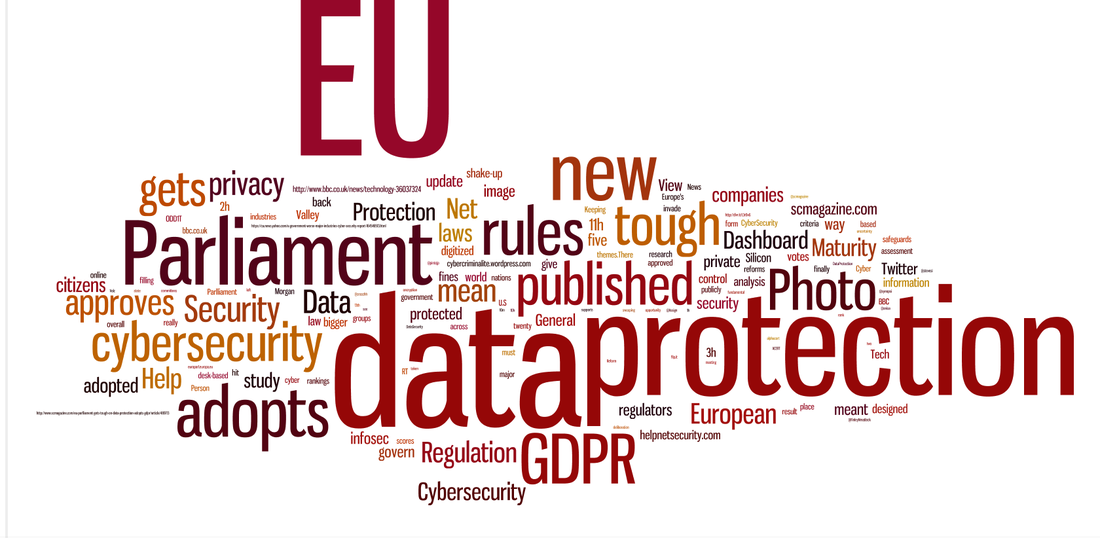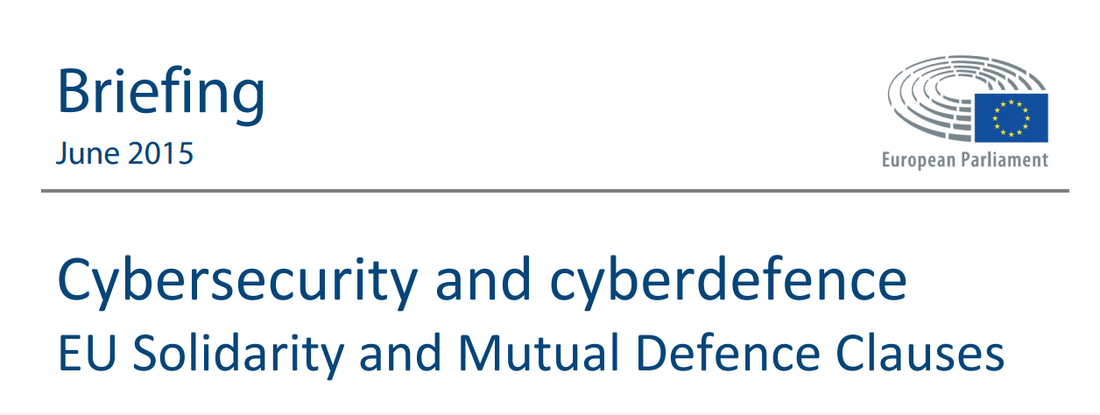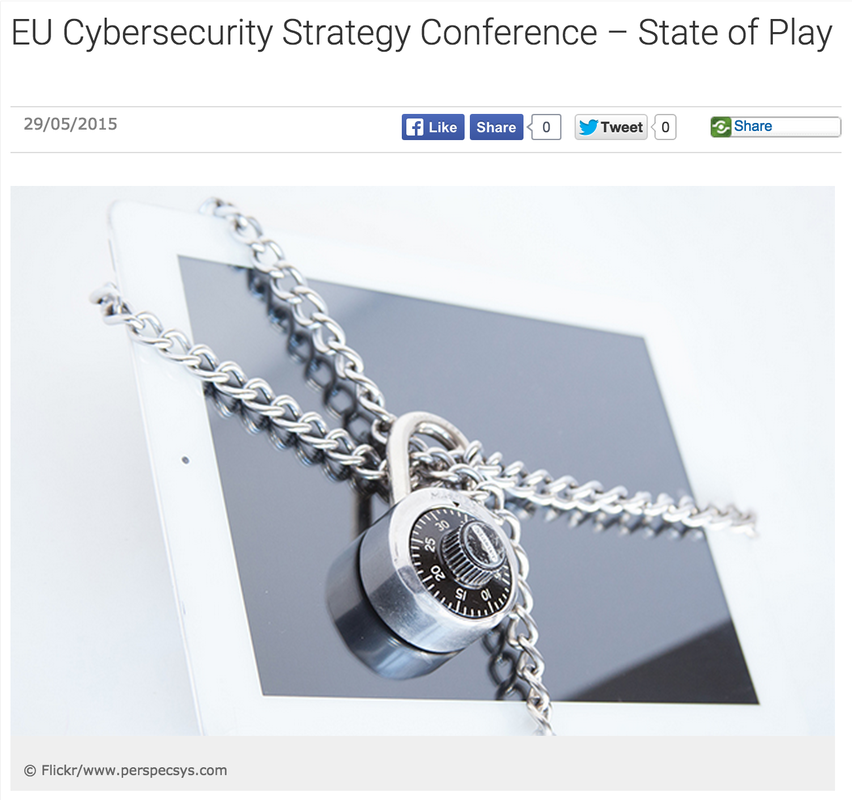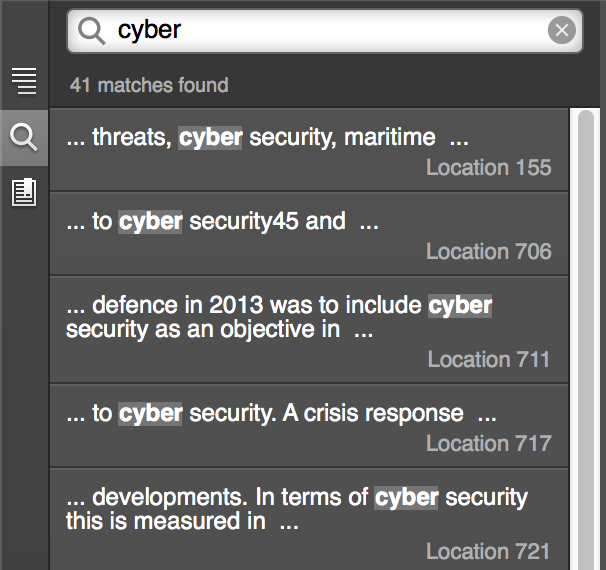|
|
|
|
|
On the motives behind the cyber attacks against Swedish media - a cyber attack i serious enough even outside the military context!It is of course a coincidence but a useful one that roughly at the same time as Swedish major news media are disturbed through a massive cyber attack, Rand Corporation publishes a study on alternative ways to war when influencing unfriendly nations.
Clearly there are two completely different conclusions to be drawn from the attack which on the basis of increased data flows is widely assumed to come from various Russian sources. The first one is that war is coming and that the cyber attack is an exercise to prepare for the initial stages of the battle. The second one is that cyber attacks indeed can be seen as one instrument out of many to influence what is being perceived as an unfriendly nation the way the Rand study portrays it. So clearly some slow thinking is required and the whole discussion shows the importance of a comprehensive concept of security. It shows once again that focusing on one single security paradigm is risky, to say the least. Whether the Russian Federation is responsible for the attack or not, it is clear that Russia has itself adopted a comprehensive concept of security and indeed a comprehensive approach to its external action. This approach includes, as illustrated by Syria, a mixture of co-operative and non-cooperative (again to say the least) ways to influence. Whether Russian action is strategically planned or not is just as much under debate as the discussion of the consistency of European and American policies. But there seems to be consensus in the debate that on the tactical level Russia uses whatever tools it has in its increasingly impressive arsenal to influence other nations also from the inside. The EU and its member states need to do the same with one important difference: the EU needs to stick to international law and the common values and principles adopted by the Union. And in its analysis of Russian motives and actions it needs to do what everyone considers absolutely essential in the analysis of any Western nations foreign policy actions: identify the domestic sources of foreign policy and seek to applied different paradigms to explain decisions, the way Graham T. Allison analysed the Cuban missile crisis. |
|
|
|
Cyber - the second major newcomer in EU security policy - not mentioned in the 2003 Strategy - 20 times in THE 2015 EU strategic review - some key passages:
|
|
|
|
|
|







